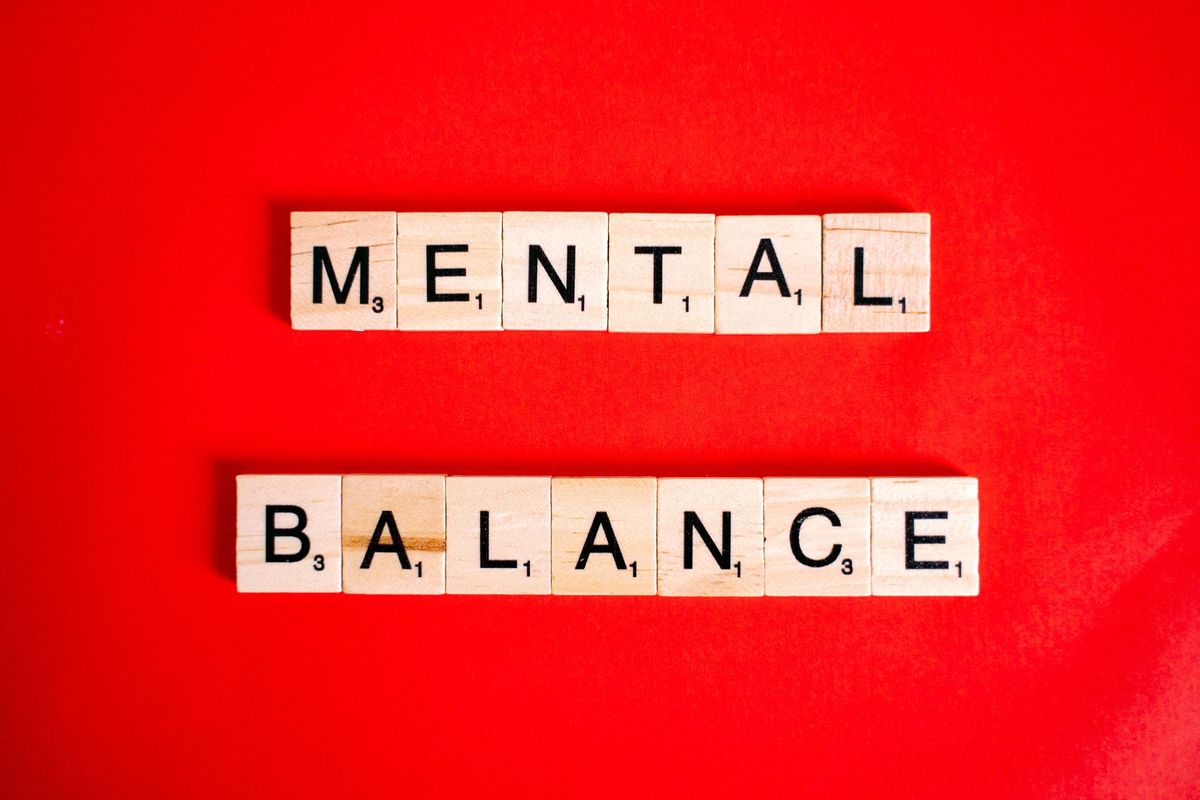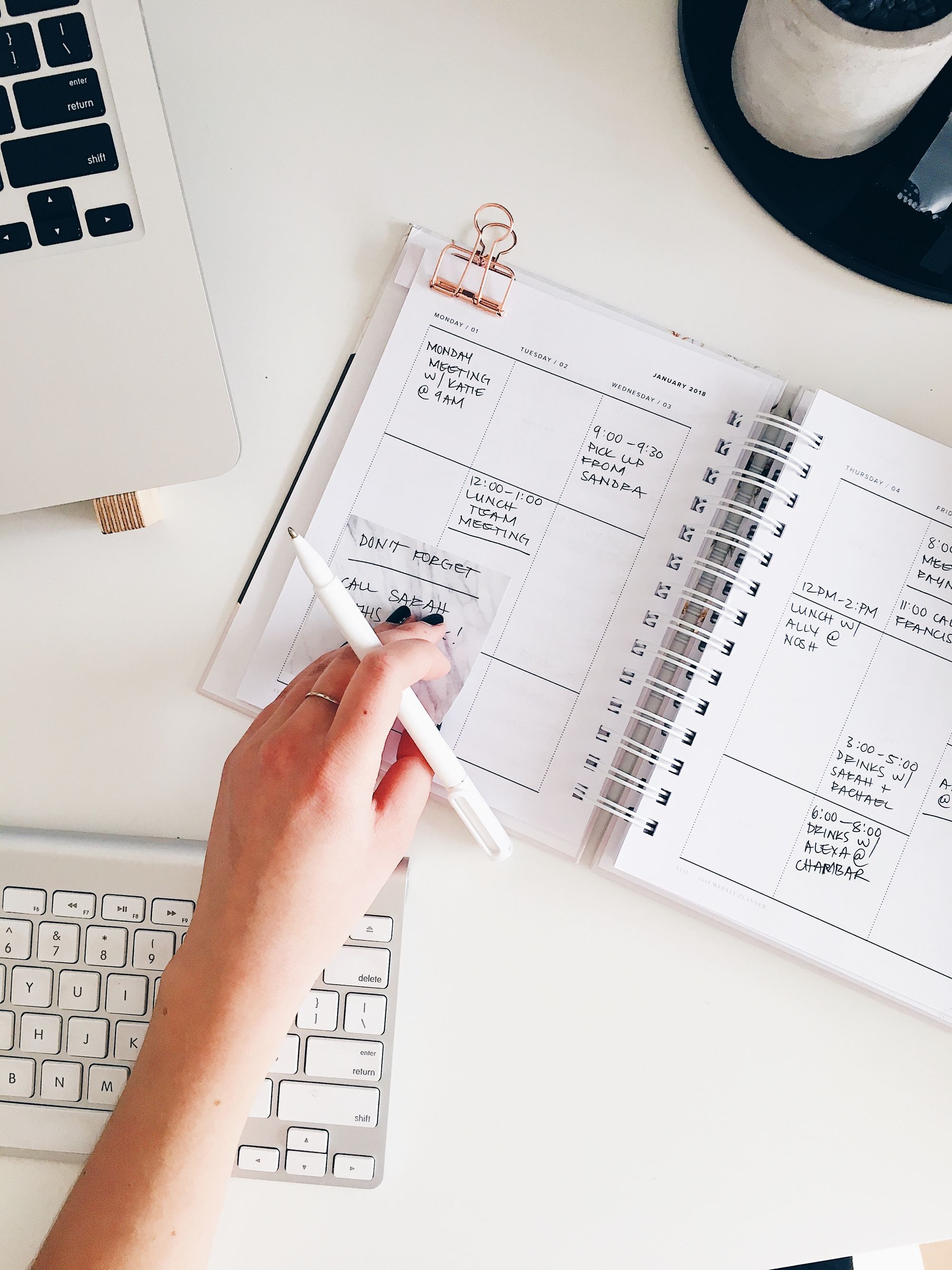Mental Balance: Aspects, Barriers, and More
Just as balance is vital in other aspects of wellbeing – like our diets, our work, and our relationships – mental balance is also a key determinant of our wellbeing

It can often seem like our thoughts have a life of their own. Despite our efforts to find a balance between healthy/positive thoughts and feelings and unhealthy/negative ones, our minds often tilt heavily towards one or the other.
The term ‘mental balance’ refers to a state where the mind is in a relative state of peace. It enables you to adjust to the rigours of daily life and return to a state equilibrium at the end of the day. Just like balance is vital in other aspects of wellbeing, including our diets, our work, and our relationships, mental balance is also a key determinant of our wellbeing.
What are the aspects of mental balance?
- Conative balance:
Conation refers to intention as well as implementation. It’s not just about setting up a goal or wanting to do something, but actually executing and achieving it. The key is to develop realistic goals and desires that are aimed at our happiness.
2. Attentional balance:
Attentional balance is achieved when there is sustained attention focused on doing an activity without distractions or without getting angry, irritated, or frustrated. It is the ability to calm and focus one’s mind, and to think clearly, with increased awareness.

3. Cognitive balance:
Cognitive balance means that you can just have experiences without linking them to preconceived ideas or assumptions. It is achieved when you are rooted in reality, without judging or criticising, and are simply living the experience.
4. Emotional balance:
When you have conative, attentional, and cognitive balance, you most likely will also have emotional balance. Basically, this means that you are able to put unhelpful or unhealthy emotions at a distance, focus on what really matters, and have realistic expectations from yourself.
Also read: What is Quality in Mental Healthcare
What are the barriers to balance?
- Unrealistic goals and lack of will
Having unrealistic desires or doing nothing to achieve our goals may lead to frustration. On the other hand, if we don’t want anything or commit to any goal, it may make us discouraged or unhappy. Either way, it serves as a barrier to well-being as it prevents the achievement of mental balance.

2. Distractions
An imbalance is created when you cannot follow through on your intentions. This could be due to an inability to focus because of boredom or because you’re too excited, restless, or distracted. When the mind wanders aimlessly, there is a lack of concentration which prevents us from being productive or achieving our goals.
3. Mental block
The prejudices, stereotypes or biases we harbour can cause mental blocks. These blocks make it difficult to understand the difference between what is actually real or present around us and our own expectations or perceptions. Because of such misinterpretation of reality, there is more scope for misunderstandings or emotional reactions exaggerated out of context.
4. Destructive emotional responses
Destructive emotional responses are those which are not conducive to our own or others’ happiness. This can include fluctuating emotions, apathy, and inappropriate reactions. For instance, we may react with indifference to others, our emotions may swing from one extreme to the other, or we may react in ways that are inappropriate to the situation – e.g., being angry or annoyed at someone else’s success. Such imbalanced responses get in the way of our wellbeing.
Try Manah's free emotional wellbeing assessment now!
How to achieve balance
- Develop realistic goals
Mental balance can be achieved by developing realistic goals that we can wholeheartedly commit ourselves to and that are geared towards our happiness. Ask yourself what you really want, what will make you happy and motivated. That way, you will be able to commit yourself to the goal and ultimately achieve it.

2. Mindful breathing
This practice involves focusing on your breathing – for instance, the way the abdomen rises and falls with each inhale and exhale. Doing this exercise on a regular basis can help you to be in the present moment and recognise if your mind is either agitated by any distractions or if there’s a dullness preventing you from focusing on the task at hand. Such attentional imbalances can be overcome through the regular practice of mindful breathing.
3. Relaxation
Relaxation can help us to learn how to attend to our sense experiences and to develop an inner awareness of our mental processes. To develop mental balance, we must continuously test our beliefs and thoughts, to check whether they are authentic or influenced by expectations or preconceived notions. We can thus eliminate cognitive imbalances or mental blocks and change any limiting beliefs we might have to more adaptive and flexible ones.
4. Emotional awareness
Another technique is to recognise and call out your real emotions, especially the unpleasant ones, instead of suppressing them. For instance, if you’re upset, put that feeling into words by saying: “I feel sad” or “I feel angry”. Merely verbalising the emotion can be the first step towards dealing with it. Becoming aware of negative emotions and accepting these feelings without judgment can give way for more balanced responses that are also appropriate to the situational context.
Also read: How to unlock benefits of Mindfulness at work
Are you an HR or business head, an entrepreneur, or a team leader? If the wellbeing of your team is a priority, Manah can be your go-to partner. Do check out our services:
Wellbeing Ambassador Programme
Wellbeing Assessments for Employees
Employee therapy and counselingWellbeing challenges for organisations.



